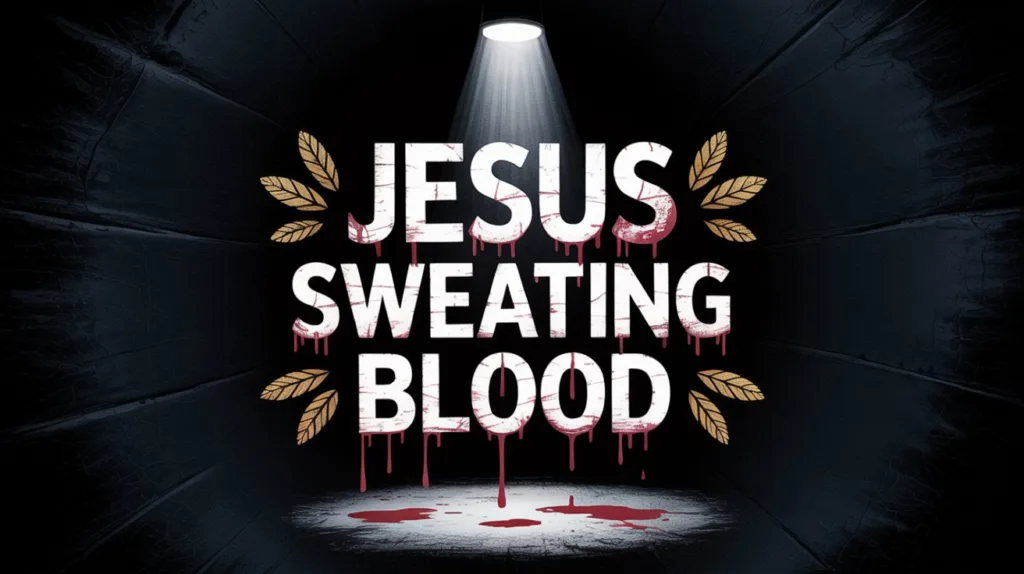The parable of the fig tree illustrates the urgency of repentance and God’s patience toward sinners before judgment comes. Jesus told this parable in Luke 13:6–9:
“A certain man had a fig tree planted in his vineyard, and he came seeking fruit on it and found none.” (Luke 13:6)
The fig tree represents Israel, and the vineyard represents God’s covenant people. Despite God’s care and provision, the tree was barren, symbolizing spiritual unfruitfulness.
The owner said:
“Cut it down; why does it use up the ground?” (Luke 13:7)
This reveals God’s right to expect fruit from His people and His readiness to judge unrepentant hearts. However, the vinedresser interceded:
“Sir, let it alone this year also, until I dig around it and fertilize it. And if it bears fruit, well. But if not, after that you can cut it down.” (Luke 13:8–9)
This illustrates God’s patience and mercy, giving time for repentance. Yet the warning remains: if fruit does not appear, judgment is inevitable.
This parable applies beyond Israel. God expects fruit from all who claim His name (John 15:8). Fruitlessness leads to judgment because true faith always produces evidence of obedience and righteousness.
The fig tree parable reminds us that life is short, and the opportunity to repent is limited. God is patient, but His patience will not last forever. Now is the time to bear fruit through repentance and faithful living.





 Get the book that teaches you how to evangelize and disarm doctrines from every single major cult group today.
Get the book that teaches you how to evangelize and disarm doctrines from every single major cult group today.